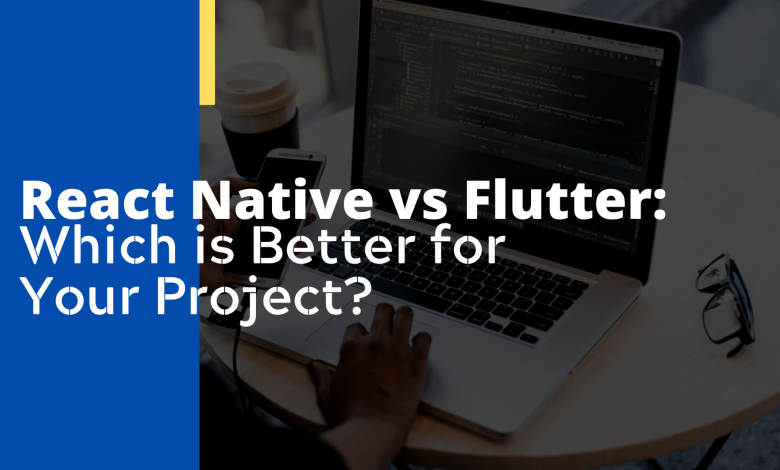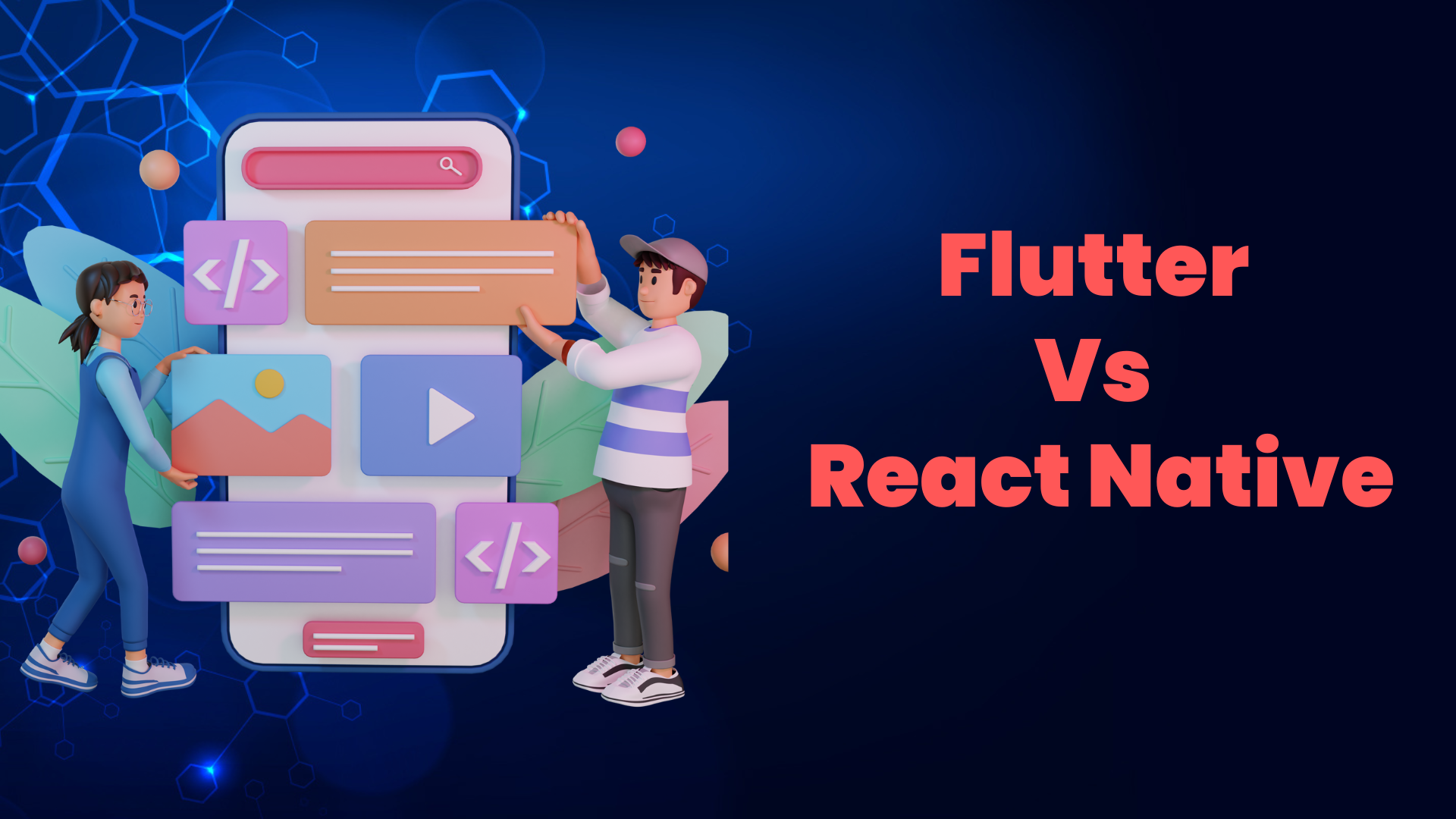
Flutter is a very fast-growing language that develops fast and smooth-running applications. It is developed by Google. On the other hand, React Native also gets popularity in a short period of time, and many result-driven applications developed with React Native. Flutter vs React Native both are tough competitors in the era of mobile app development. When it comes to starting a new mobile app development project, it’s very tricky to choose the development language which gives better results.
In this article, we discuss which language is better either Flutter or React Native for your upcoming project. Both languages are used by many big organizations for app development projects. Here, below we discuss some points that clarify which language is best for your project.
Some key differences between Flutter and React Native
Flutter and React Native has many similarities but also have a handful of differences between them. Flutter uses the Dart programming language whereas React Native uses JSX(Javascript). Both languages are based on object-oriented programming languages. With this shared characteristic, Flutter and React Native in a general sense the same concerning plan, and the code is basically the same too.
Documentation
Flutter and React Native both have good documentation guides that properly guide the people about the development process. Flutter documentation is easy to read as compared to React Native because it is well-formatted, structured, and detailed whereas React Native documentation is less clear. React Native also depends upon the community-developed dependency libraries, so that’s why its documentation is not well organized and formatted.
Dynamic vs Static Programming
When it comes to programming language, there is a remarkable difference between Flutter and React Native. Javascript is a dynamic language whereas Dart is a both static and dynamic programming language. Statically typed languages are much safer than dynamic languages since it forces you to declare and use the correct data type.
Project Size
Both Flutter and React Native have bigger sizes to build large projects. But React Native depends upon the Javascript environment and it reduces the size of React Native by enabling Hermes and ProGuard. On the other hand, Flutter is a more compatible language to build large mobile app projects because it totally works with the OOPS concept.
Layout
Flutter and React Native both have different platforms to design a layout for mobile apps. Flutter uses the widget style to build an interactive user interface whereas React Native uses Javascript or JSX.
Flutter has many in-built widgets so you don’t need to create custom widgets while developing an app with Flutter. It saves time and its widgets are created and tested by Google so there is no issue with compatibility.
If you using other languages for mobile app development like Swift, you can’t see the code that Apple used to create UI components. But on Flutter, you can easily see the code for inbuilt widgets created by Google developers.
Both Flutter and React Native uses the CSS Flexbox to build the user interface layout. Each framework has its own way to develop the layout but if you get a deep study on Flexbox you never get any problem with the mobile app layouts.
Flutter Vs React Native – Demand
React Native is more popular than Flutter because it depends upon the JSX environment which is also used to develop web applications. React Native gets popular for a long time and has a large size user base.
React Native is famous it doesn’t mean Flutter is a weak programming language. Flutter is also popular for its fast and interactive design of mobile applications. It is used by many big organizations for mobile app development.

Flutter Vs React Native – Performance
It is very hard to decide which programming language is better for your upcoming project. It all depends upon the app development process because every app has different functions and features. So you have to choose wisely according to your application’s strategy like the type of app, layout, size of the app, codebase, transitions, animations, and so on.
The performance of the programming language also checks by its reloading speed. Both frameworks use hot reloading, which displays the instant changes made by you. The React Native architecture needs a few improvements in its performance for large projects. Both perform well but Flutter slightly gives better performance than React Native.
Flutter Vs React Native – Developer Ecosystem
The flutter app developer will quite often allude to the authorization documentation. Nonetheless, React Native has a few choices; for one’s purposes, the authority documentation, or an alternate stage, the most well-known being Exhibition. React Native is elder than and had more users since 1995 while Flutter was released in 2017.
React Native has an extremely dynamic local area across social media, yet Flutter is an expert. At the hour of this composition, Flutter has a bigger number of stars than React Native on GitHub. The number of followers on social media is similar for both languages. Flutter has more Twitter followers than React Native. If numbers are close but Flutter has more active devs on Reddit than React Native.
Flutter Vs React Native – Compatibility
Flutter and React Native both support the Android and iOS operating systems. It supports the ARM processor for Android and iOS 4s processor for iPhone and onward. Both Android and iPhone support the simulators for developing the app.
For instance, Apple devices require iOS 9 or above for the Flutter apps and iOS 11 or above for the React Native apps. Likewise, the Android devices require API level 19 (Android 4.4) or above for Flutter apps and API level 23 (Android 6.0) for React Native apps.
According to StackOverflow, There is no unmistakable winner here; both Flutter and React Native have their advantages and disadvantages, and the ideal decision will rely upon your experience and the objectives and prerequisites of your undertaking.
In the event that you definitely know JavaScript, composing versatile applications in React Native is an easy decision. Be that as it may, assuming that you’re searching for better execution, strength, and a more durable climate between environments, you ought to think about checking Flutter out.